Alexander Julius, President of Eurometal, opened the conference and stated that the 1990s was a golden era for the sector in terms of economic relations between China and Europe. At that time, China was importing steel products and sub-industry products from Europe as an emerging market, whereas today China has become a powerful producer worldwide and Europe is increasingly importing steel and products from China and other Asian countries. Julius emphasized that this transformation is a major challenge for the European industry and that Europe now needs to develop new strategies to remain competitive in terms of production and technology.
In his speech, he also drew attention to production declines in the European steel sector, overcapacity in global markets and unfair competition. In order to meet these challenges, Europe needs to develop a stronger trade policy, innovative solutions in energy policies and policies centered on sustainability.
The Role of Digitalization and Green Transformation
Carlo Thelen, Director General of the Luxembourg Chamber of Commerce, stated that digitalization and artificial intelligence will play a critical role in the European steel distribution sector. Artificial intelligence technologies will accelerate the sector in areas such as carbon footprint tracking, demand forecasting, logistics optimization and improving production processes. However, it was emphasized that many systems are still not integrated in the sector today and that digital transformation needs to be expanded.
Thelen added that the steel distribution sector needs to move to more agile, flexible and hybrid business models in order for Europe to achieve its green transformation goals. He emphasized that information management, logistics and environmental excellence should be prioritized in the sector as the boundaries between production, transformation, distribution and service are blurring.
Education, Talent and Industrial Sovereignty
At the conference, it was stated that the technical and digital talent gap in Europe poses a serious threat. It was emphasized that for the sustainable development of the sector, it is necessary not only to train the new generation, but also to improve the skills of existing employees, support career transitions and long-term career planning. It was stated that Luxembourg Chamber of Commerce adapts its training programs according to sectoral needs.
In addition, it was stated that industrial sovereignty must be protected in order for European industry to remain strong and resilient in the face of global uncertainties, supply chain issues and competitive pressures. Europe needs to develop strategies to strengthen its industrial base through national and regional coordination.
Eurometal's Contribution to the Industry and Future Vision
Eurometal has been a unifying and guiding force in the European steel distribution sector for 75 years. Over the years, the organization has been active in a wide range of sectors covering iron and steel service centers, stocking, trading and distribution, providing its members with information flow, connections and intra-sectoral cooperation.
At the conference, Eurometal's 75-year journey from the past to the present was explained and how it has developed in parallel with Europe's economic and political changes. This journey, which began in the 1950s with the reconstruction of post-war Europe, is now evolving into a new era of digitalization and green transformation.
Eurometal and industry representatives will continue to work together to build a sustainable, competitive and technologically leading steel distribution sector in Europe. The 75th anniversary celebrations were seen as a symbol of this unity and determination in the industry.




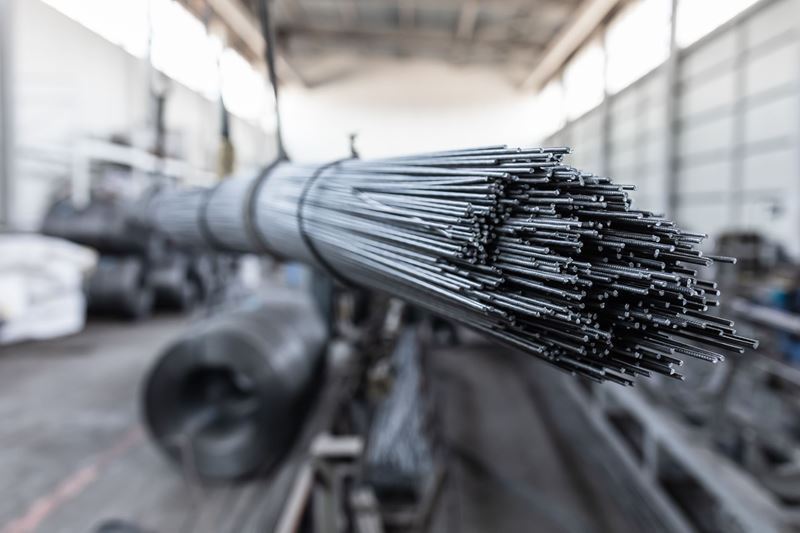
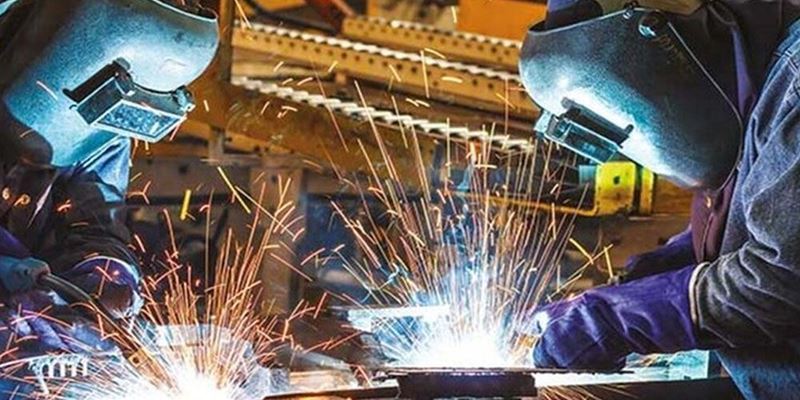
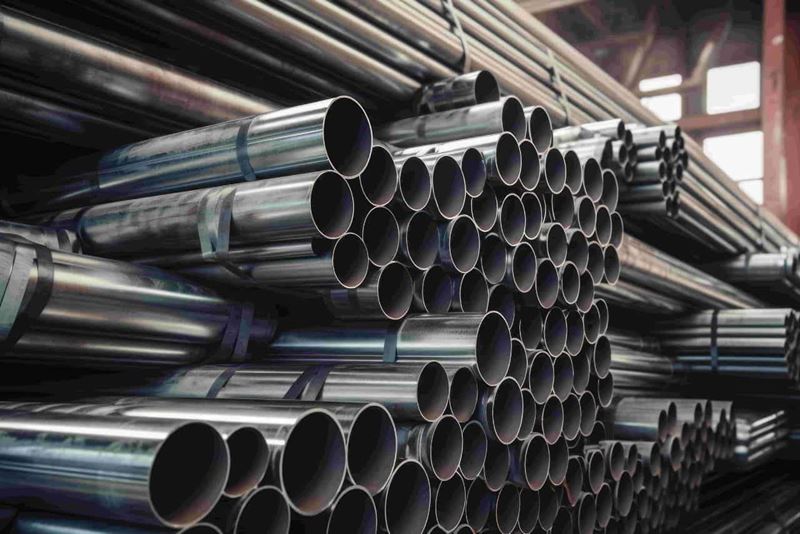
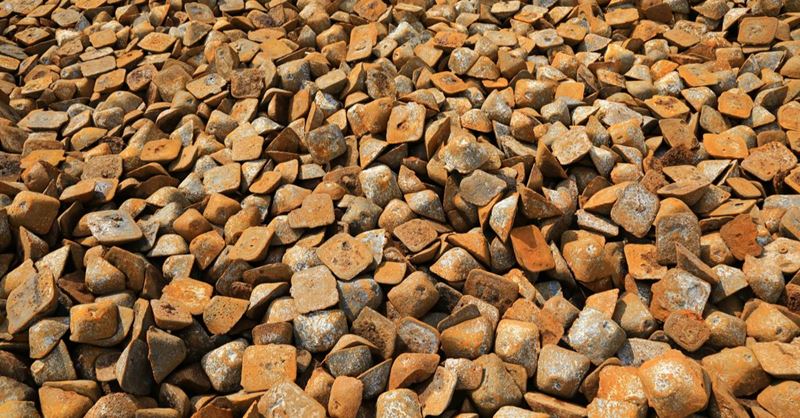
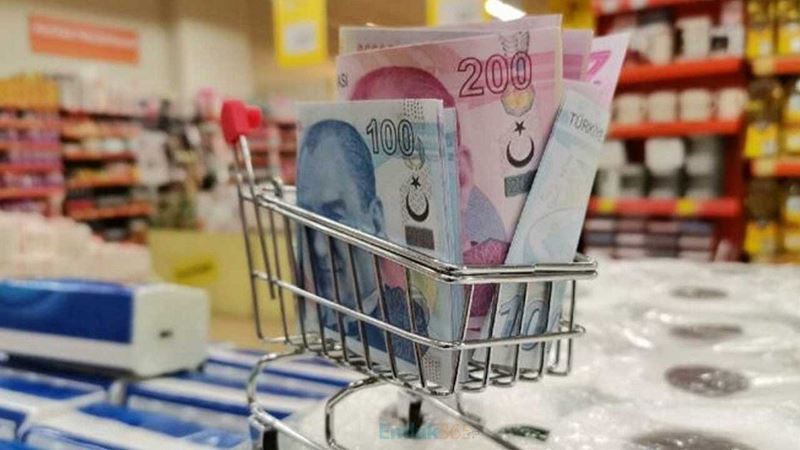


Comments
No comment yet.